62-year-old ovarian cancer patient at SL Raheja Hospital benefits from novel German technique that targets cancerous cells with gaseous spray, reducing hair loss and other side effects
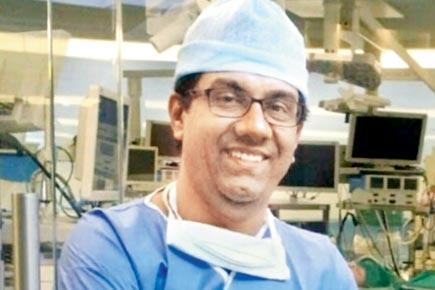
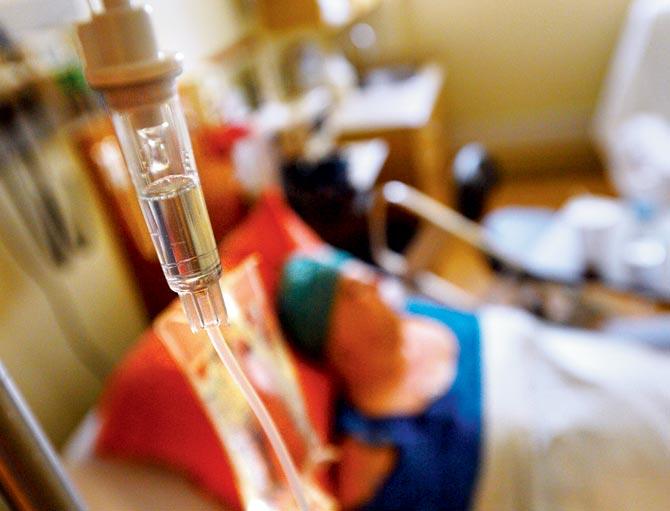
Currently, the most common way to administer chemotherapy is intravenous, allowing the medication rapid entry into the blood stream. Representation Pic,Getty Images
For 62-year-old Rimita Bose (name changed), who had lost all hope after her ovarian cancer recurred for the third time, the revolutionary Pressurised Intraperitoneal Aerosol Chemotherapy (PIPAC) has come as a godsend. Last month, Bose became the first to undergo the procedure in the country at SL Raheja Hospital. Her body had stopped responding to traditional treatment after undergoing 24 cycles of strenuous chemotherapy.
ADVERTISEMENT
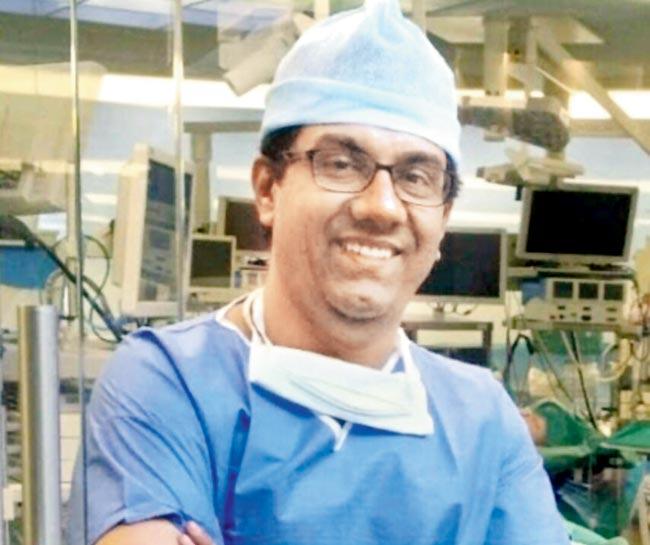
Dr Ninad Katdare of SL Raheja Hospital
"In ovarian cancer, a liquid (ascites) forms in the abdomen. Bose was carrying 10 litres of ascites, which was causing her acute discomfort. She could neither lie down nor sit comfortably or even eat properly. With PIPAC, the liquid has reduced to two litres and and the new formation of ascites is under control," said Dr Ninad Katdare, a specialist in peritoneal, gastrointestinal and gynaecological cancers, who conducted the procedure on Bose. "She has been kept under observation and we will decide on a future course of action," he said.
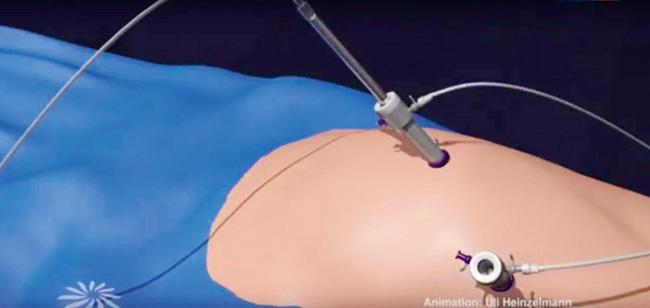
The CapnoPen is inserted in the stomach, and is directed towards the tumour. The chemotherapy solution is then sprayed directly on the cancerous area
How PIPAC works
PIPAC is an alternative option of treatment to patients suffering from peritoneal cancers (affecting the lining around organs such as the abdominal cavity, ovaries, colon, stomach, gall bladder and pancreas). The PIPAC process is a combination of surgery and chemotherapy. When a patient is admitted, biopsies are done. Following a thorough laparoscopic procedure, a keyhole (incision) is made using a special device — CapnoPen. Standard liquid chemotherapy that has been converted into gaseous/aerosol form, is sprayed directly on the cancerous area. After the procedure, the residual fumes are absorbed through a special filter and the incision is closed. In fact, after the procedure, the patient can be discharged on the same day or the next. So far, in India, eight oncologists have been trained in the process across six institutions in Delhi, Mumbai and Bangalore.
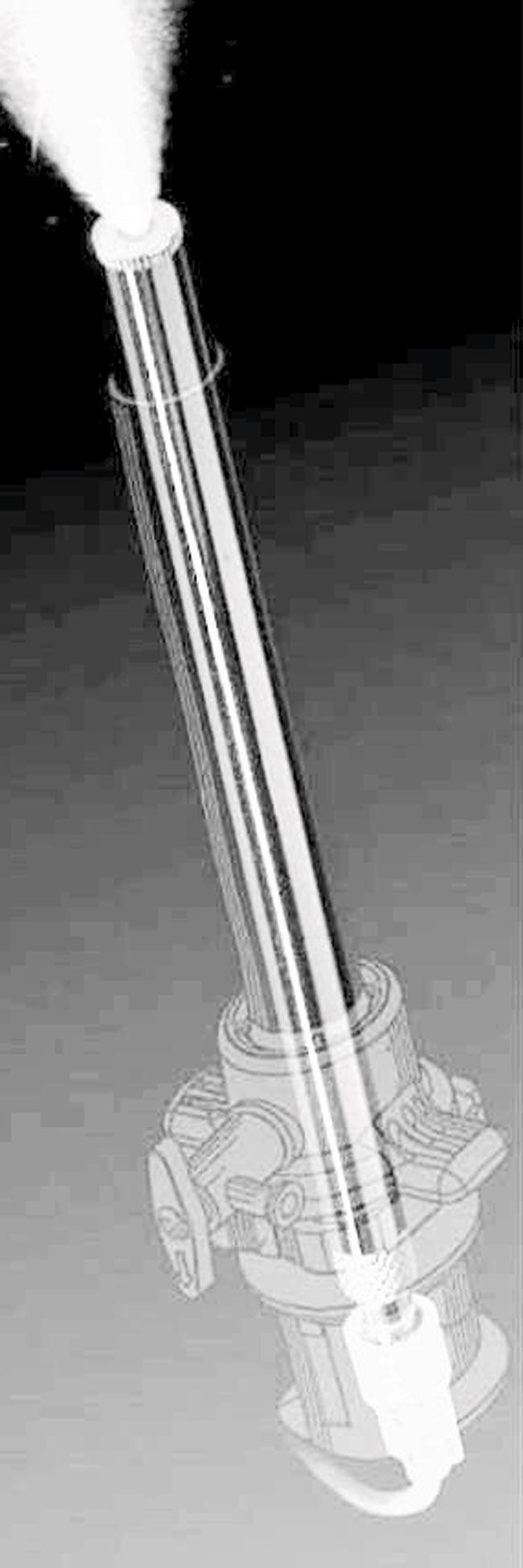
The CapnoPen distributes the medicine in aerosol form by using properties of Co2 under compression, allowing deeper penetration in a minimally invasive manner
Almost no side-effects
What makes this procedure attractive is that only 10 per cent of the standard dose is administered orally or intravenously. "Side-effects that are commonly seen in other procedures such as hair loss, kidney problems, liver problems, vomiting etc, are either minimal or not seen at all. Any patient with peritoneal cancer, who can withstand a two-hour surgery under anaesthesia, is compatible with this therapy. This process eliminates the cumulative toxicity — the adverse effects caused owing to long-term exposure to a toxicant or other stressor. Therefore, all patients can tolerate this procedure very well," said Dr Katdare.
What's more, in cases where patients' bodies stop responding to standard chemotherapy in peritoneal cancers, this therapy brings hope. SL Raheja Hospital (Mahim) has earned the title of using the technology for the first time in India and Tata Memorial Hospital (TMH) will soon start using it in its treatment and research.

With only 10 per cent of the standard dosage administered, side effects such as hair loss and kidney problems are minimal. Pic for Representation only/Getty Images
Tata Memorial to offer PIPAC
Dr CS Pamesh, president of National Cancer Grid, Tata Memorial Hospital confirmed that TMC is planning to explore the use of this new technique. Dr Avanish P Saklani, associate professor of robotic surgery, Tata Memorial, said they had scheduled a meeting on August 15 with Prof MA Reymond (who invented the CapnoPen used in PIPAC) and other representatives from Capnomed, the only company in the world to manufacture the CapnoPen, in order to start offering the procedure at the hospital.
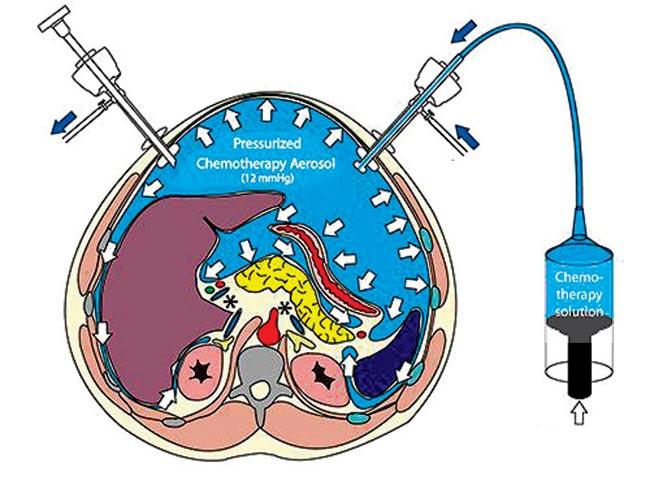
Pic Courtesy/www.capnomed.de
"It is an option for a select group of patients. It is scientifically proven and a lot of study continues on it. In peritoneal cancer, if surgeries and other options have failed, this new technology can help control the symptoms and extend lifespan. It is not a cure, however," said Dr Saklani.
8 No. of specialists in India trained in PIPAC technique
Capnomed says
In reply to an email, Stéphane Rohan Laurent, Country Head, India, of Capnomed, confirmed that Dr Katdare was the first doctor in India to perform the surgery. He also said, "We are the sole manufacturers of the CapnoPen device which supports the PIPAC technique." When asked if they provide training to doctors in the method, he replied, "To be precise, it is not the manufacturer (Capnomed) who provides training per se, it is the inventor of PIPAC, Prof MA Reymond, and his team or any active PIPAC centre initially trained by him who do. Dr Ninad completed the PIPAC training at the University Hospital of Tübingen, Germany, under Prof Reymond’s authority."
 Subscribe today by clicking the link and stay updated with the latest news!" Click here!
Subscribe today by clicking the link and stay updated with the latest news!" Click here!







